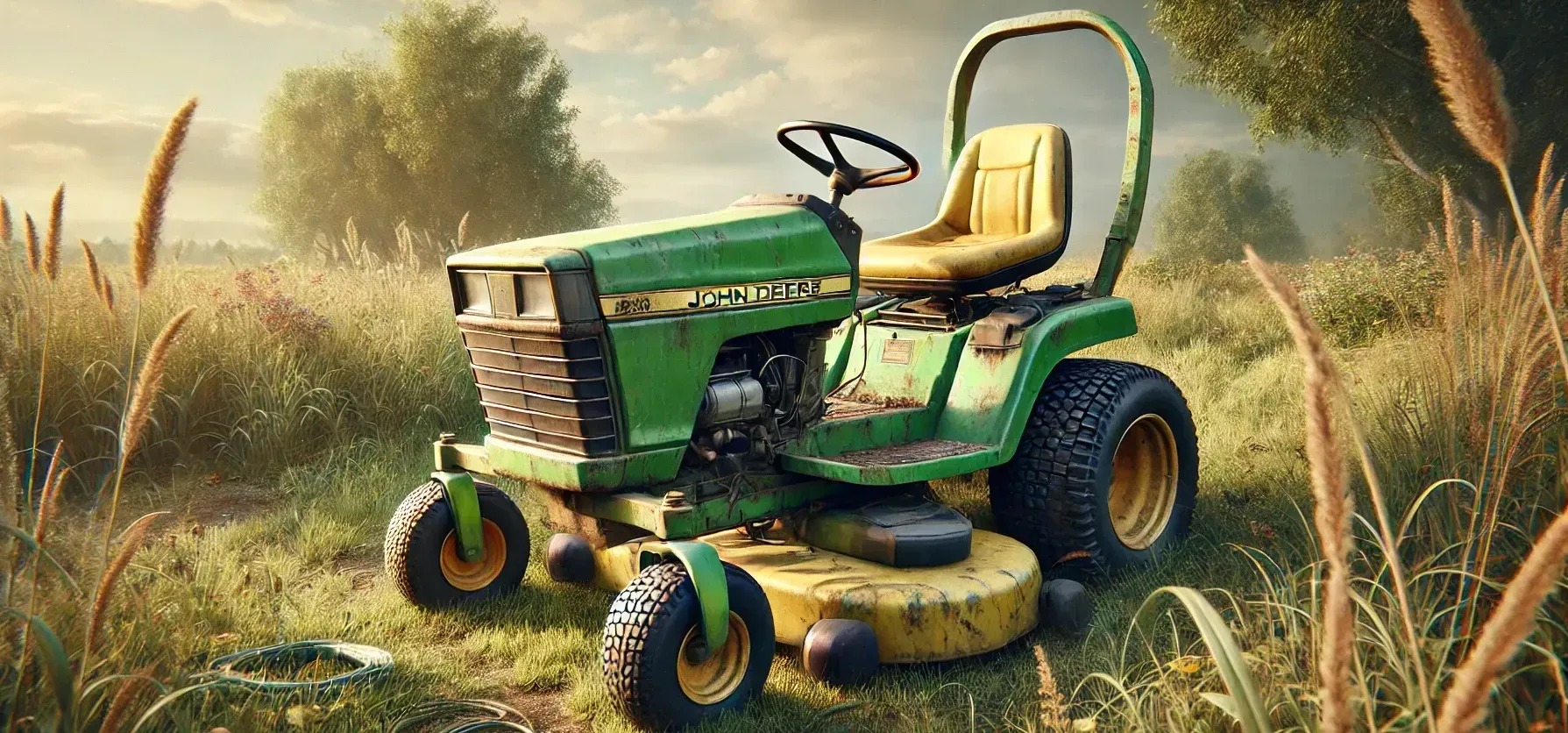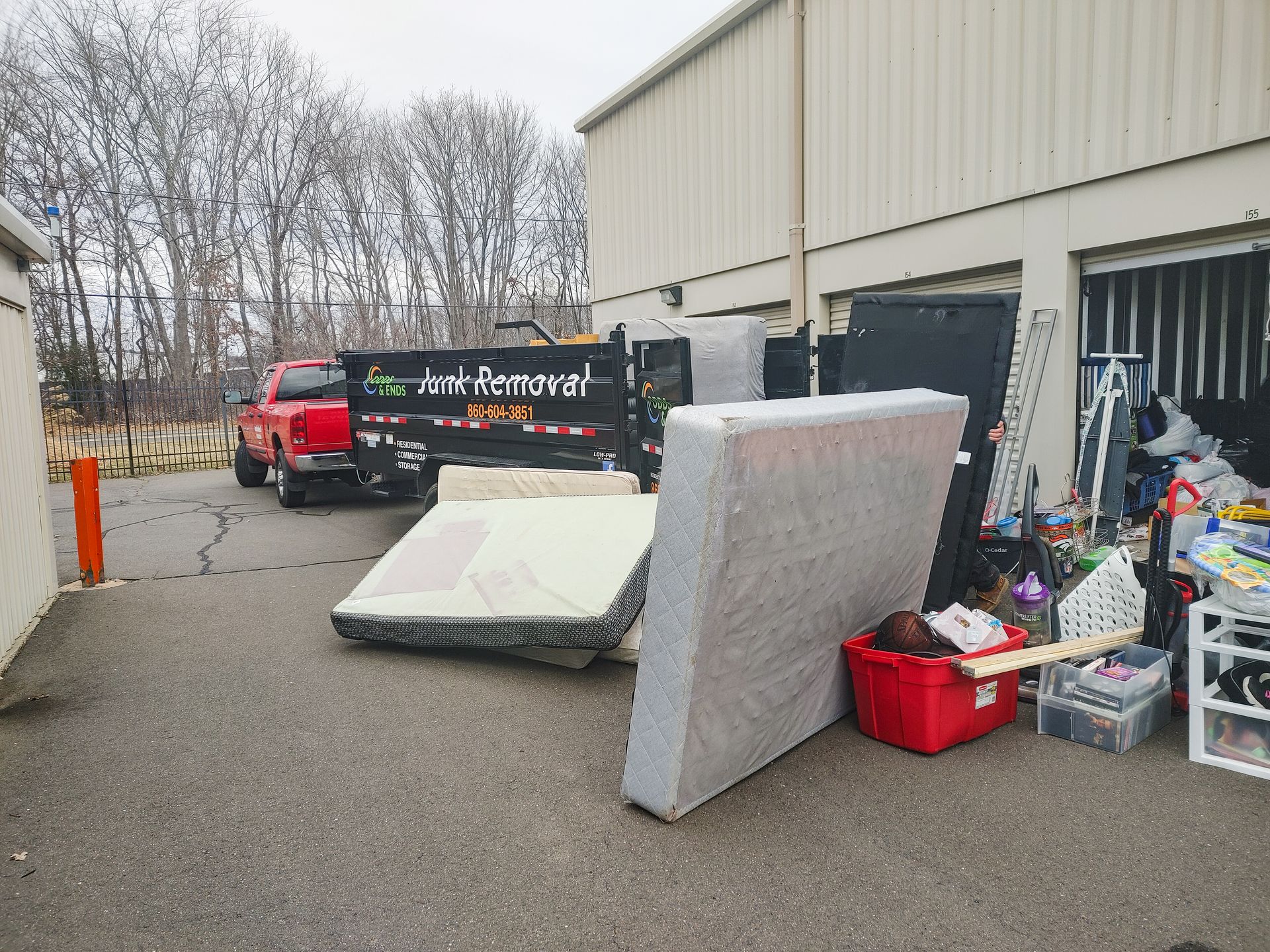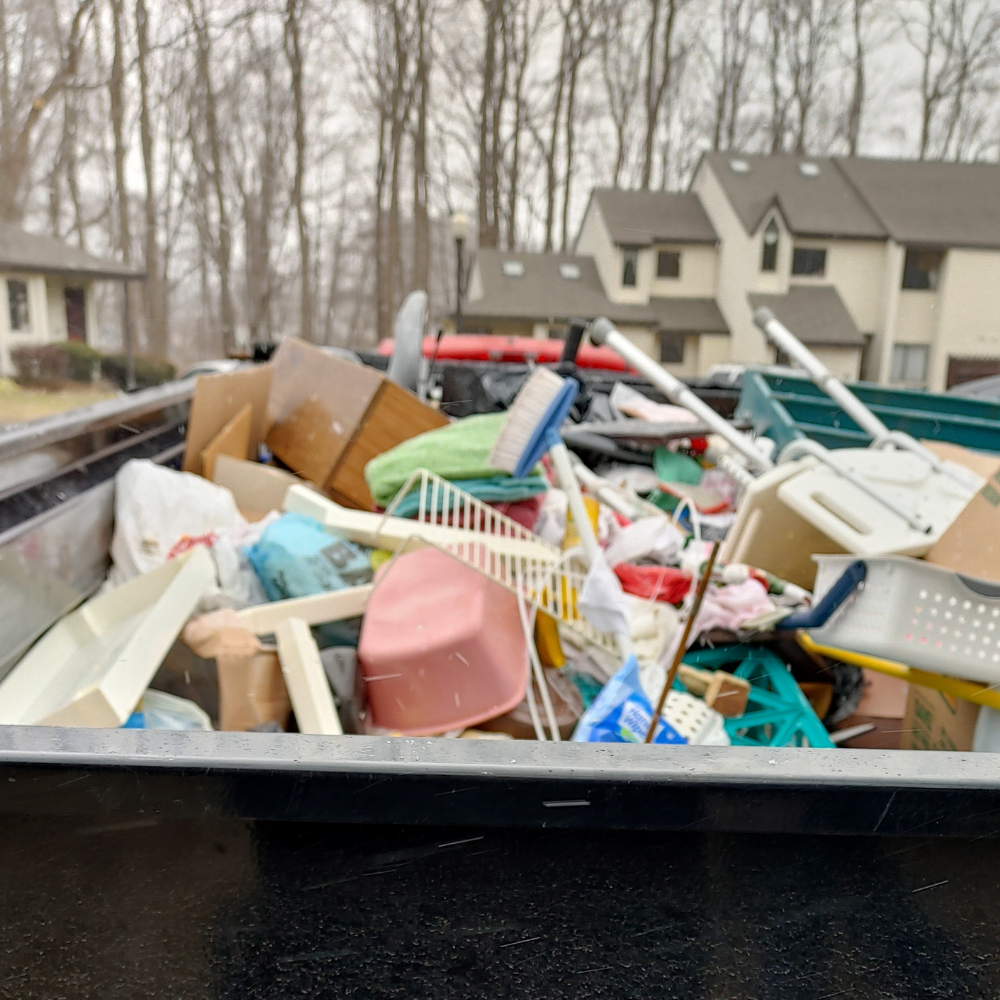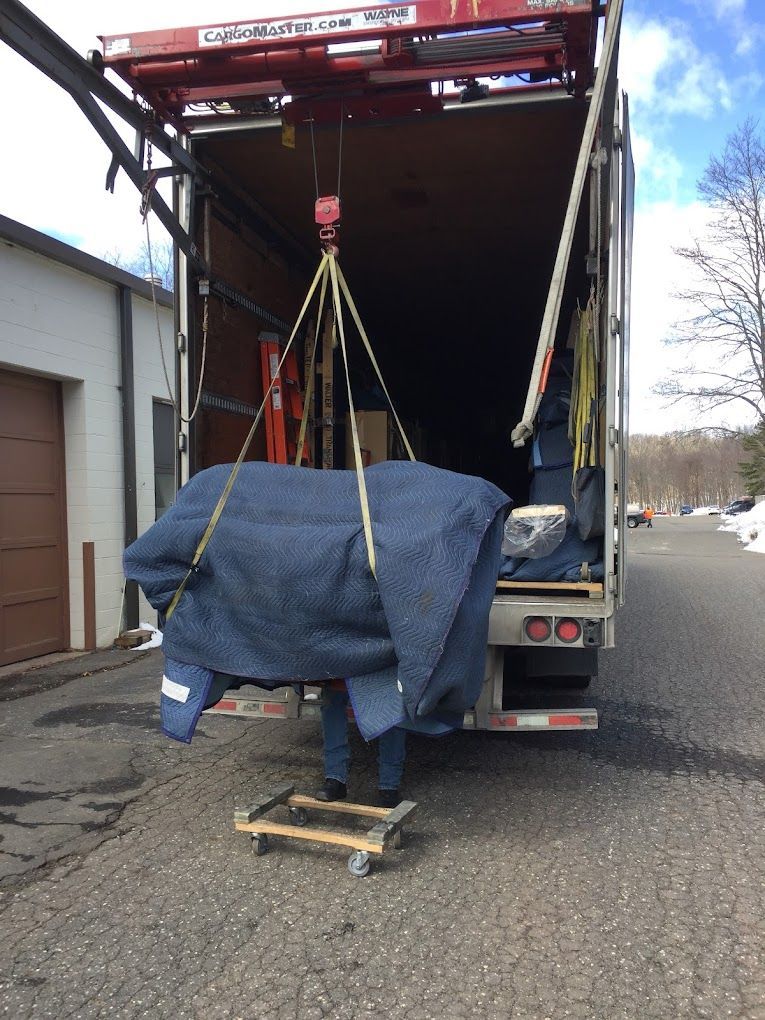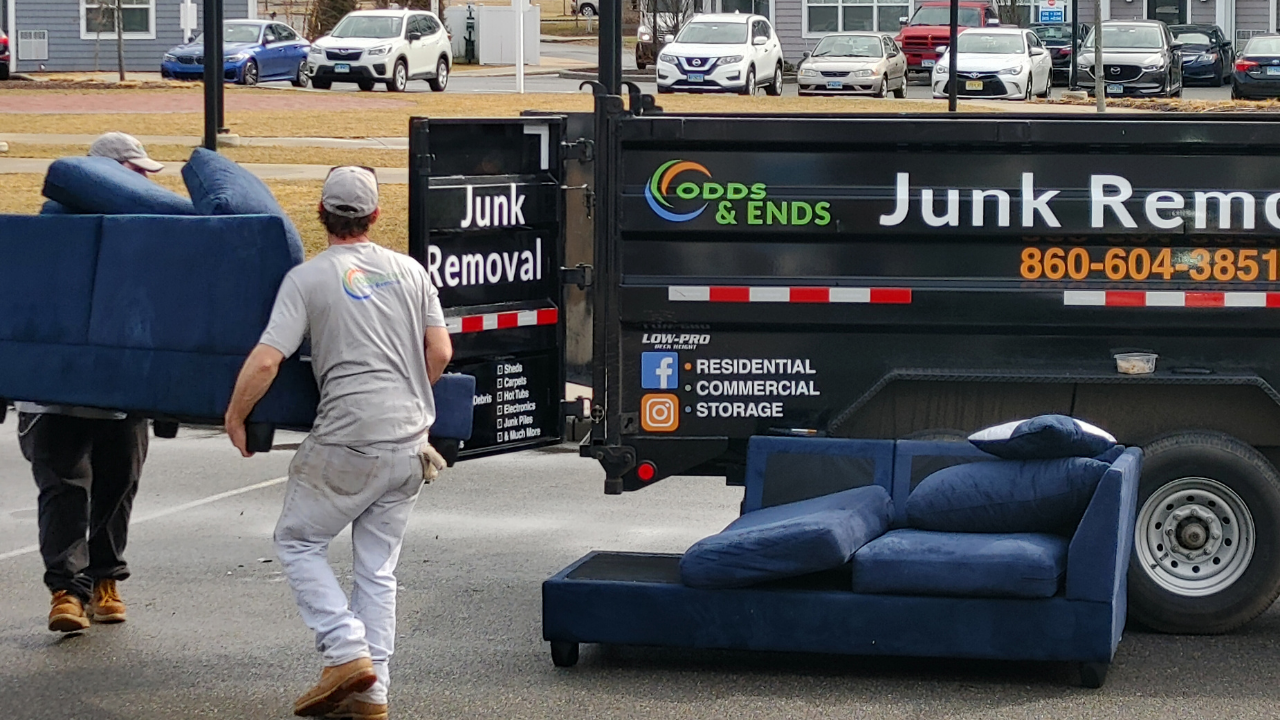Garbage vs. Junk: What’s the Difference?
Ever wondered what really separates garbage from junk? I mean, it’s all just stuff we don’t want anymore, right? Well, figuring out the difference can actually save you a headache when it’s time to decide how to toss things out. In this article, I'll cover what constitutes garbage and junk, how to get rid of them without trashing the planet, and why recycling isn’t just for tree-huggers, it’s practical, too.
Understanding Garbage and Junk
Garbage is usually that nasty, smelly stuff—think banana peels or that takeout container you forgot about. Junk, though? That’s the big stuff, like an old couch or a rusty car, that might still have some life left if you’re creative. Here’s the rundown:
| Type | Description | Handling |
|---|---|---|
| Garbage | Organic waste, like food scraps. Plastic containers, cardboard boxes, and things typically found in garbage cans in the home. | Collected by garbage collection companies |
| Junk | Larger, valuable items (e.g., furniture, vehicles), broken items, and items that have passed their usefulness. | Managed by junk removal services. |
Garbage collection companies focus on handling household waste, while junk removal companies collect and dispose of larger, reusable or no longer repairable items. These services often involve recycling or donating, which helps reduce landfill waste.
Definitions of Garbage and Junk
What Qualifies as Garbage?
Garbage predominantly consists of organic waste, including decomposable items like food scraps and food containers. These materials are often unsanitary, particularly those originating from kitchens.
Garbage differs from trash, which typically involves non-organic, non-decomposable items such as plastics and metals.
What Counts as Junk?
Unwanted items, especially those too large for regular garbage bins and not disposed of daily, are considered junk. This includes furniture, appliances, scrap metal, play equipment, pipes, car parts and riding mowers, etc. . Examples include old furniture, non-functioning appliances, rusty bicycles, and discarded metal items. Junk removal services specialize in handling these bulky materials, which regular trash services might not accept.
Origins of Waste
Waste is a byproduct of human activity and consumption. It includes materials that are discarded because they are no longer useful or desired. There are various types of waste, including organic waste, household waste, construction debris, and bulky items like old furniture.
How Garbage is Generated
Garbage mostly comes from organic stuff like food scraps and things that break down over time. It’s the everyday waste you toss out, think banana peels, veggie trimmings, or soggy paper towels. A lot of it starts in your kitchen or at the dinner table.
How Junk is Accumulated
Junk’s the bulky junk like that lumpy recliner or the fridge that’s been humming since the ‘90s that won’t squeeze into your curbside bin. It sneaks up on you, too. I swear, last time I moved, I found a broken lamp I didn’t even remember owning! It’s not like the daily coffee grounds you toss out; this stuff stacks up during big purges or relocations, and you’ll probably need to wait for town’s yearly curbside bulky pick up, a junk removal crew to remove it and haul it away.
Disposal Methods
Getting rid of waste properly keeps our surroundings clean and healthy. Garbage and junk differ, requiring distinct disposal methods. Garbage is mostly food scraps that rot, while junk includes bigger items like old furniture, toxic materials, or renovation debris that regular trash pickup won’t take.
Garbage Disposal Processes
When it comes to garbage, it’s all about handling the smelly, organic mess. Since it breaks down fast and can stink up the place, you’ve got to stay on top of it. One smart move is composting, turning those veggie peels and coffee grounds into rich soil food. Places that do composting take only the stuff that naturally breaks down, cutting back on nasty greenhouse gases. Regular trash pickup is a must, too, because letting garbage sit around, even in bags, can get gross and even unhealthy.
Junk Disposal Techniques
Junk, such as furniture and appliances, often requires a different approach. Many items can be recycled or donated instead of going to landfills, conserving resources and reducing waste. Some materials, including hazardous waste and renovation debris, need specialized handling. Sorting and repurposing junk helps minimize environmental impact and reduces the demand for new materials.
For those looking to dispose of junk responsibly, professional services can make the process easier and more sustainable. In areas like Manchester and Vernon, Connecticut, Odds and Ends Junk Removal offers specialized solutions for handling bulky items like furniture and appliances.
These services often prioritize recycling and donation, ensuring that usable goods stay out of landfills. Whether you’re clearing out an old couch or tackling renovation debris, local junk removal experts can help minimize environmental impact while keeping your space clutter-free.
Environmental Impact
Managing waste responsibly is essential for protecting ecosystems and public health. Non-biodegradable materials like plastic and metal contribute to pollution and overcrowded landfills, making proper sorting, recycling, and composting critical for reducing environmental harm.
Effects of Garbage on the Environment
Improper waste disposal attracts pests and generates methane, a greenhouse gas that accelerates climate change. Landfills also release carbon dioxide and other pollutants, which can degrade air quality and pose health risks. Sustainable waste management practices, including composting and anaerobic digestion, help convert waste into useful resources like fertilizer and biogas.
Landfills disrupt local ecosystems by contaminating soil and water, harming wildlife, and reducing biodiversity. Over time, these effects contribute to long-term environmental damage, emphasizing the need for responsible waste management.
Effects of Junk on the Environment
Discarded items that end up in landfills take up valuable space and contribute to environmental degradation. Recycling and repurposing materials help conserve natural resources and reduce demand for new production. Donating usable goods and properly disposing of waste minimizes pollution and supports sustainability efforts.
Reducing landfill waste also cuts down on harmful emissions, such as methane, which contribute to climate change. Responsible waste disposal helps mitigate these effects and promotes a healthier environment.
Recycling Opportunities
Recycling is more effective when items are correctly sorted for reuse, donation, or repurposing. Many collected household items can be diverted from landfills, addressing the gaps in regular trash collection. Understanding the difference between garbage and junk helps improve waste sorting and supports a more sustainable approach to disposal.
Recycling Options for Garbage
Garbage collection services typically recycle common materials like paper, plastics, glass, and aluminum cans. However, larger items such as furniture and mattresses often end up in landfills due to limited recycling options. Expanding waste management efforts beyond standard garbage collection can help improve recycling rates and reduce environmental impact.
Recycling Options for Junk
Sorting junk for recycling and reuse helps minimize waste and conserve resources. Many collected items can be repurposed or donated through partnerships with local recyclers and charitable organizations. This approach significantly reduces landfill waste and offers a broader range of recycling options, particularly for bulky and unconventional items.
Now You Know
So, garbage versus junk? It’s not just splitting hairs—it’s about knowing what to do with your mess. Garbage is that slimy, quick-to-rot stuff like apple cores, while junk’s the chunky leftovers—think old futons or that toaster you swore you’d fix.
Get the sorting right, and you’re cutting down landfill clutter and maybe even helping the planet a little. Composting’s a win, recycling’s clutch, and donating? That’s just good karma. Trust me, it’s less about being a green guru and more about not leaving a dump for the next guy.
Looking to clear clutter from your space? Our specialized junk hauling service operates seven days a week throughout Vernon, Manchester, West Hartford, East Hartford, Bolton, and South Windsor. We handle everything from single-item pickups to entire garage clean-outs. Bikes, tools, appliances, and clothing- let us haul it all. Our team tackles the sorting and transport, leaving you stress-free. Contact us today for a free, professional quote right over the phone. Check our Google reviews and see why neighbors trust us. Quick, friendly care is what sets us apart. Ready to reclaim your space? Call now!
